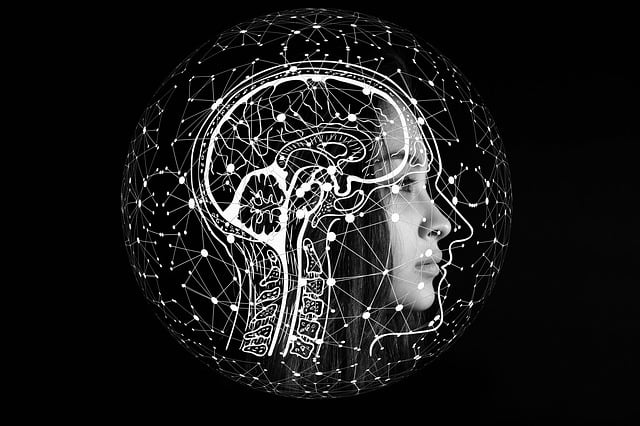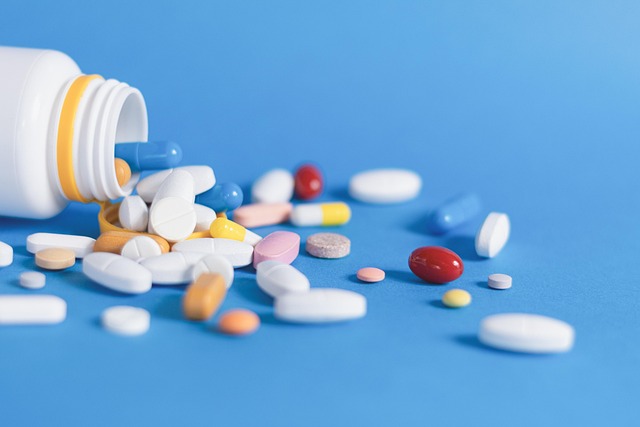-
Table of Contents
Revolutionizing Medicine: The Power of AI in Drug Discovery

Artificial intelligence drug discovery is transforming the pharmaceutical industry, offering unprecedented opportunities to accelerate the development of life-saving treatments. For those who have been struggling with the complexities of traditional drug discovery, AI provides a beacon of hope. By leveraging machine learning, deep learning, and data analytics, researchers can now identify potential drug candidates faster and more efficiently than ever before. This article explores how AI is reshaping the landscape of drug development, providing actionable insights for professionals in the field.
Table of Contents
- The Role of AI in Drug Discovery
- Challenges in Traditional Drug Development
- How AI Addresses These Challenges
- Case Studies: AI Success Stories
- Future Trends in AI-Driven Drug Discovery
- Conclusion: Embracing the AI Revolution
The Role of AI in Drug Discovery
Artificial intelligence drug discovery is not just a buzzword; it’s a game-changer. Traditional methods of drug development are often time-consuming and costly, with a high risk of failure. AI, however, can analyze vast datasets, predict molecular behavior, and identify promising compounds in a fraction of the time. For instance, machine learning algorithms can sift through millions of chemical structures to find those most likely to interact with a target protein. This capability significantly reduces the trial-and-error approach that has long plagued the industry.
Moreover, AI can optimize clinical trials by identifying suitable patient populations and predicting outcomes. This not only speeds up the process but also increases the likelihood of success. By integrating AI into their workflows, pharmaceutical companies can bring new drugs to market faster and at a lower cost.
Challenges in Traditional Drug Development
Traditional drug discovery is fraught with challenges that can hinder progress. First, the process is incredibly expensive, often costing billions of dollars to bring a single drug to market. Second, it is time-consuming, taking an average of 10-15 years from initial research to regulatory approval. Third, the failure rate is high, with only about 10% of drug candidates making it through clinical trials.
Additionally, the complexity of biological systems makes it difficult to predict how a drug will behave in the human body. This unpredictability often leads to unexpected side effects or inefficacy, further complicating the development process. These challenges highlight the need for innovative solutions, and this is where AI steps in.
How AI Addresses These Challenges
AI offers a range of solutions to the challenges faced in traditional drug discovery. One of the most significant advantages is its ability to process and analyze large datasets quickly. For example, AI algorithms can predict the binding affinity of molecules to target proteins, helping researchers identify the most promising candidates early in the process.
Another key benefit is the ability to simulate and model biological processes. AI can create virtual models of diseases, allowing researchers to test potential drugs in silico before moving to animal or human trials. This not only reduces costs but also minimizes the risk of failure. Furthermore, AI can optimize clinical trials by identifying the most suitable patient populations and predicting outcomes, thereby increasing the chances of success.
Key AI Technologies in Drug Discovery
- Machine Learning: Used for predictive modeling and data analysis.
- Deep Learning: Ideal for image and pattern recognition in biological data.
- Natural Language Processing (NLP): Helps in analyzing scientific literature and patents.
- Generative Models: Used to design new molecular structures.
Case Studies: AI Success Stories
Several companies and research institutions have already demonstrated the potential of AI in drug discovery. For instance, Insilico Medicine used AI to identify a novel drug candidate for fibrosis in just 46 days, a process that traditionally takes years. Similarly, BenevolentAI leveraged AI to identify a potential treatment for amyotrophic lateral sclerosis (ALS), which is now in clinical trials.
Another notable example is the collaboration between Exscientia and Sumitomo Dainippon Pharma, which resulted in the development of a drug for obsessive-compulsive disorder (OCD) in record time. These success stories underscore the transformative potential of AI in accelerating drug discovery and improving outcomes.
Future Trends in AI-Driven Drug Discovery
The future of AI in drug discovery looks incredibly promising. One emerging trend is the use of AI to design personalized medicines tailored to individual genetic profiles. This approach could revolutionize the treatment of complex diseases like cancer, where one-size-fits-all therapies often fall short.
Another trend is the integration of AI with other advanced technologies, such as CRISPR and quantum computing. These synergies could further enhance the precision and efficiency of drug discovery. Additionally, the growing availability of biomedical data and the development of more sophisticated AI algorithms will continue to drive innovation in this field.
Potential Challenges and Ethical Considerations
- Data Privacy: Ensuring the security of sensitive patient data.
- Regulatory Hurdles: Adapting regulatory frameworks to accommodate AI-driven innovations.
- Bias in Algorithms: Addressing potential biases in AI models to ensure fair and accurate outcomes.
Conclusion: Embracing the AI Revolution
Artificial intelligence drug discovery is no longer a futuristic concept; it’s a reality that’s reshaping the pharmaceutical industry. By addressing the challenges of traditional drug development, AI offers a faster, more efficient, and cost-effective path to discovering new treatments. The success stories and emerging trends highlighted in this article demonstrate the immense potential of AI to revolutionize medicine.
For those who have been struggling with the complexities of drug discovery, embracing AI could be the key to unlocking new possibilities. By integrating AI into their workflows, researchers and pharmaceutical companies can accelerate the development of life-saving treatments and improve patient outcomes. The future of drug discovery is here, and it’s powered by AI.
Related Articles
<ul



Leave a Reply